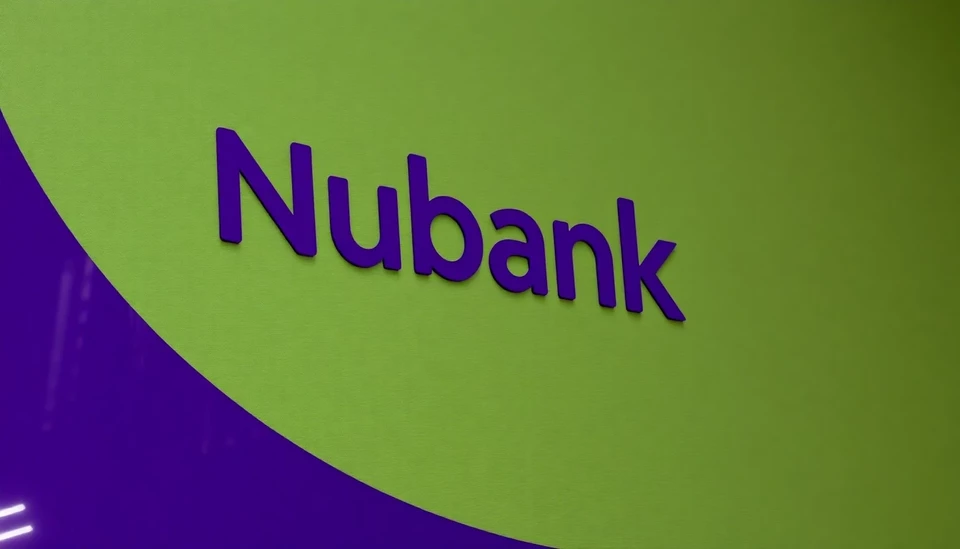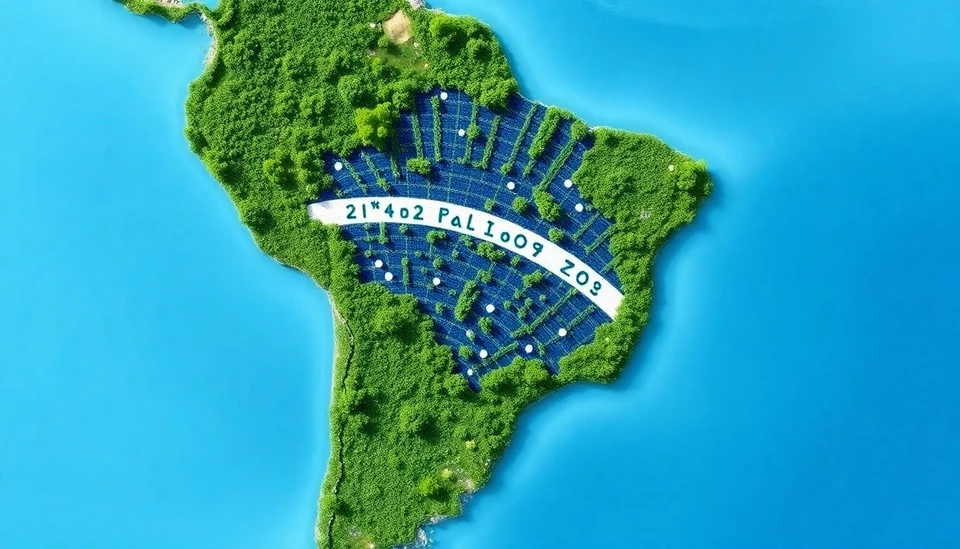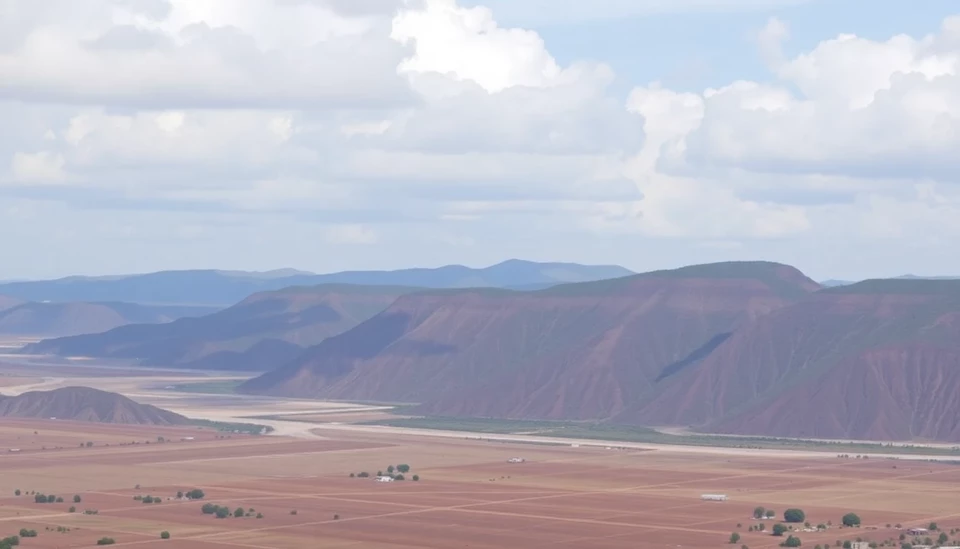
In a significant update regarding Brazil's economic landscape, leading analysts have forecasted that the nation will experience higher interest rates sustained through 2027. This projection has emerged amidst a backdrop of ongoing inflation challenges and strained fiscal policies. As Brazil grapples with these economic pressures, the implications of elevated interest rates are prompting discussions among policymakers and financial experts alike.
The analysts attribute this potential trajectory of increased interest rates largely to the persistent inflationary trends that Brazil has been experiencing. Recent data revealed that inflation rates remain stubbornly elevated, compelling the Central Bank of Brazil to adopt a cautious approach with monetary policy adjustments. Consequently, this has led to speculation that the borrowing costs might not decrease in the near future, thereby influencing both consumer behavior and broader economic growth.
One key factor driving up inflation has been Brazil's recovery from the pandemic, which has encountered numerous bumps along the way. The rebound has not only reignited demand for goods and services but has also led to supply chain disruptions, contributing to the upward pressure on prices. Analysts warn that unless these issues are effectively managed, the Brazilian economy could face stagnation, with high interest rates further dampening investment and spending.
Furthermore, the political climate in Brazil has added an additional layer of complexity to economic forecast efforts. With elections around the corner and potential shifts in leadership, investors are wary. The current administration’s fiscal policies have come under scrutiny, with discussions about how future government choices will impact interest rates. The uncertainty around political stability fuels concerns over how existing economic conditions will evolve in light of potential changes in governance.
Financial markets, reacting to these forecasts, have begun to prepare for a prolonged period of high interest rates. Investors are recalibrating their strategies, as increased borrowing costs could lead to less consumer spending, affecting everything from housing to retail sectors. Businesses are likely to feel the brunt of this shift, as credit becomes more expensive, potentially stalling expansion plans and innovation projects essential for long-term economic growth.
As the situation develops, analysts will be closely monitoring indicators related to inflation, economic growth, and employment rates to gain further insights into the Central Bank's decision-making process. The economic outlook for Brazil over the next few years remains murky, with the high interest rate environment likely influencing various sectors in a multitude of ways. Observers and stakeholders across the board are urged to stay informed about upcoming fiscal policies and their ramifications for the economy.
In summary, Brazil appears to be entering a phase of prolonged higher interest rates, with significant implications for consumers, businesses, and the overall economy. As policymakers navigate these challenges, understanding the delicate interplay between inflation, interest rates, and political stability will be crucial for steering the country towards recovery.
#Brazil #InterestRates #Economy #Inflation #CentralBank #FiscalPolicy #Investment #EconomicGrowth
Author: Daniel Foster




